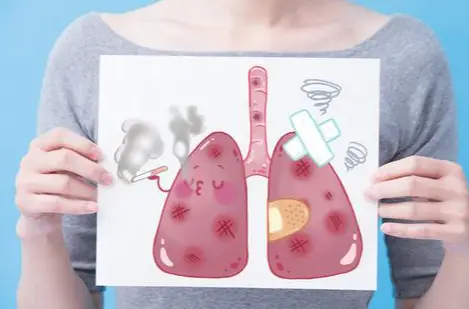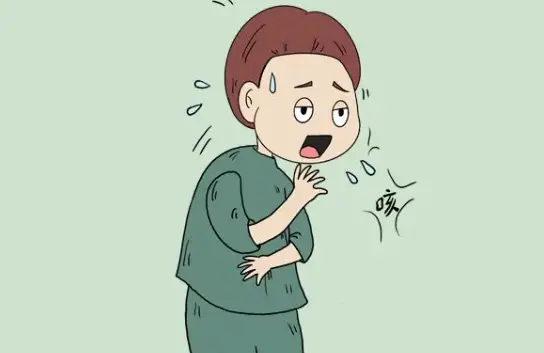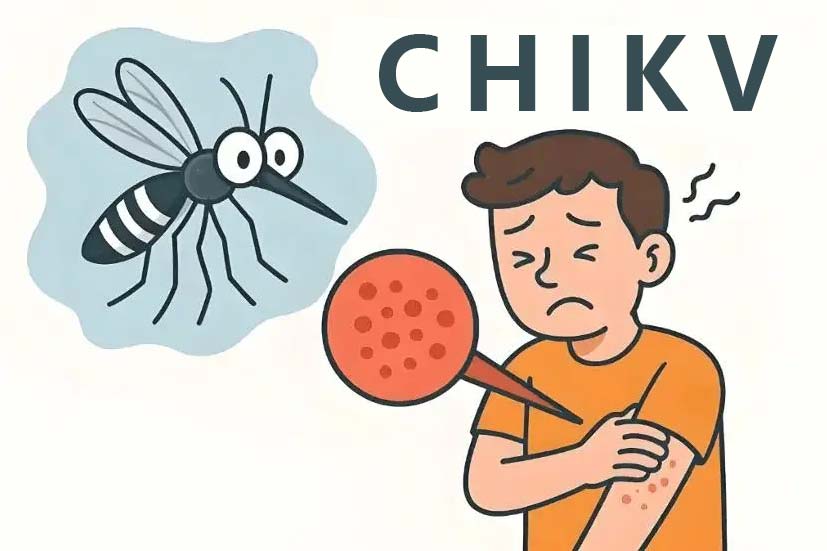Coughing is a reflex mechanism of the human body's self-protection. When our airways are irritated by dust, viruses, bacteria, or cold air, the body coughs to clear the foreign matter.
However, if a cough persists for more than eight weeks, especially if it's dry and without sputum, it's cause for concern—it may be more than just a cold or bronchitis; it could even be an early sign of lung cancer.

◆ Unresolved dry cough? Beware of the silent onset of lung cancer!
Lung cancer often has subtle early symptoms, but a chronic dry cough is one of the few detectable early signs. While coughing is primarily related to the lungs, it can also be linked to imbalances in other organs. However, a chronic cough raises the possibility of lung cancer.
Medical research shows that approximately 30% of lung cancer patients present with an irritating, dry cough in the early stages. The following groups of people should pay particular attention:
- Long-term smokers over 40 years old;
- People with a family history of lung cancer;
- People frequently exposed to dust, harmful gases, and secondhand smoke;
- Dry cough accompanied by symptoms such as hoarseness, chest tightness, and fatigue.

◆ Dry cough does not equal lung cancer; correct identification is crucial.
Of course, not all dry coughs are lung cancer. The culprits for most dry coughs are still:
- Allergic cough;
- Postnasal drip syndrome (caused by rhinitis);
- Chronic pharyngitis or gastroesophageal reflux.
◆ However, if a dry cough is accompanied by the following symptoms, it is imperative to seek medical attention as soon as possible:
- Cough that worsens without signs of a cold;
- Worsening at night and accompanied by difficulty breathing;
- Chest pain, hemoptysis, or sudden weight loss.
Chest CT screening and sputum cytology are recommended for early detection, diagnosis, and treatment.
◆ The key to curing lung cancer lies in early detection.
Advances in modern treatment technology have made lung cancer less of a terminal illness, especially in the early stages, where the five-year survival rate has reached over 60%.
Advocating for an "early screening, early intervention" strategy, especially by adding low-dose spiral CT scans to physical examinations, can significantly increase the early detection rate of lung cancer.
Conclusion:
A cough may be a minor issue, but it can actually hide a bigger problem. Rather than enduring it, it's better to proactively understand the signals your body is sending you. If you have a persistent dry cough, don't make hasty decisions; getting checked out is more important than just enduring it.
The real danger of lung cancer lies not in discovering it, but in ignoring it!

%20--%3e%3c!DOCTYPE%20svg%20PUBLIC%20'-//W3C//DTD%20SVG%201.1//EN'%20'http://www.w3.org/Graphics/SVG/1.1/DTD/svg11.dtd'%3e%3csvg%20version='1.1'%20id='图层_1'%20xmlns='http://www.w3.org/2000/svg'%20xmlns:xlink='http://www.w3.org/1999/xlink'%20x='0px'%20y='0px'%20width='256px'%20height='256px'%20viewBox='0%200%20256%20256'%20enable-background='new%200%200%20256%20256'%20xml:space='preserve'%3e%3cpath%20fill='%23FFFFFF'%20d='M194.597,24.009h35.292l-77.094,88.082l90.697,119.881h-71.021l-55.607-72.668L53.229,232.01H17.92%20l82.469-94.227L13.349,24.009h72.813l50.286,66.45l58.148-66.469V24.009z%20M182.217,210.889h19.566L75.538,44.014H54.583%20L182.217,210.889z'/%3e%3c/svg%3e)




